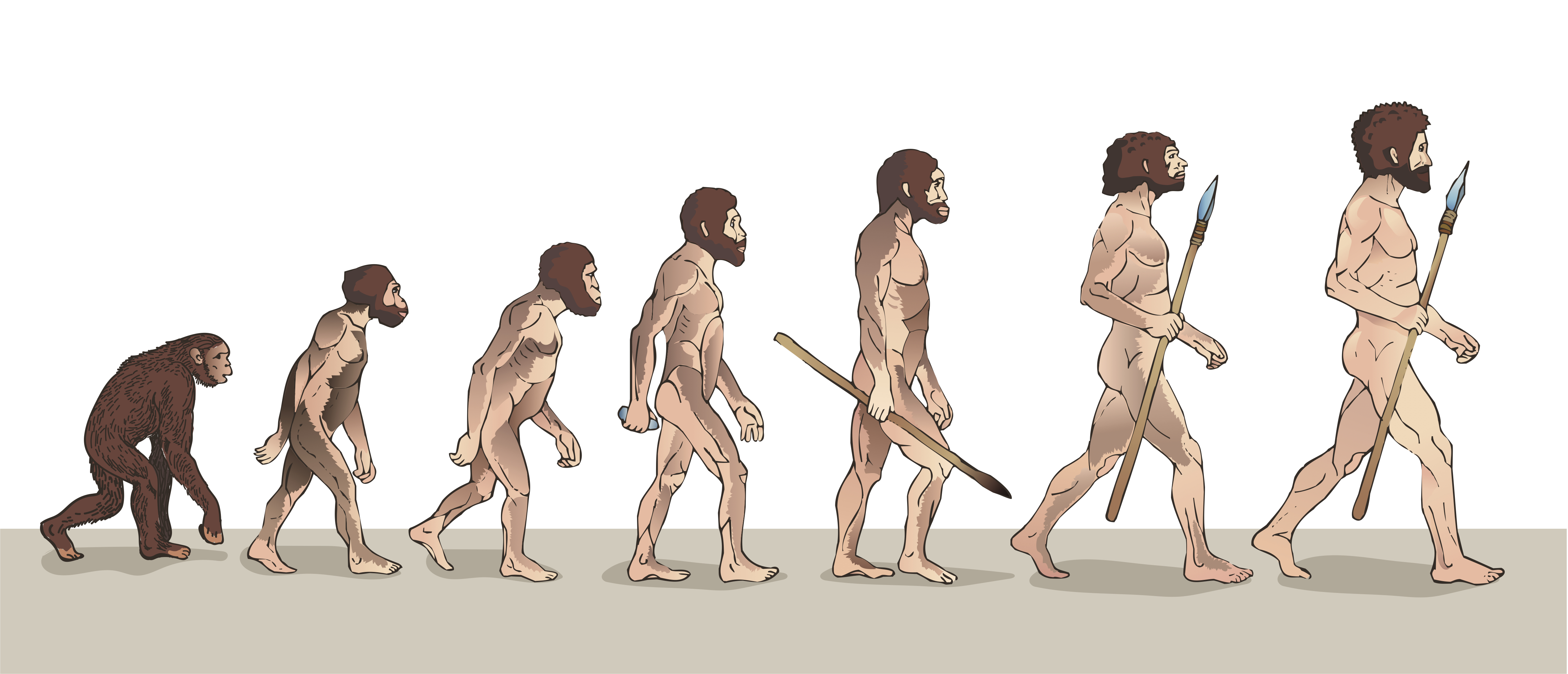I'm not very familiar with linguistics, but I'm wondering if this change has much to do with English-speakers having the habit of grabbing words from other languages and incorporating them into English.
I wouldn't think so. That's not a phenomenon that is unique to English, of course (though the degree to which we do so may be greater or lesser than others), and it's not very usual that such borrowing would have any effect on the morphological
typology of the words themselves (which is what cases are about). Like we can borrow a foreign word with something approximating its native pronunciation (that's how we got the 'French S' sound ʒ in words like 'plea
sure' or 'lei
sure', even though that's not its own separate sound in English like it is in the Slavic languages and others), but it's much rarer to borrow a meaning-bearing morpheme (morphemes are things like -es/-s for plurals; they're not words in themselves, but they're parts of words that carry meaning in themselves and can be typologically arranged and predicted) such that it would introduce a new case. I know that we borrowed the -nik agentive suffix from Russian, for instance (words like "no-goodnik", meaning person who is up to no good), but that doesn't create a new 'agentive case' or even a productive agentive suffix for English nouns. Like you can't stick -nik on the end of English nouns more generally to create agentive nouns like you can in Russian -- e.g.,
xolodilnik 'refrigerator', from
xolodniy (adj.) 'cold' + -
nik agentive suffix, i.e. ~ 'cold-maker'. That's simply not how English nouns work, even though we have successfully borrowed that suffix to make 'Russian-sounding' words.
And does the fact that we tend to nuance our expression by selecting from a wide number of (sorta) synonyms like "smell" "odor" "fragrance", "stench", etc. relate to this?
Not directly, though this point reminds me a bit of the relation of English and French in Norman England. French, being the language of the nobility and upper class at the time, gave us words like
beef to refer to a meal of animal flesh, while the Anglo-Saxon farmers who actually tended to the animals that became the beef (meal) called it
nēat or
cu, the Anglo-Saxon words for the animals (
cu is the term for the adult female of the species, hence
cow). This kind of pattern is found all around the world where diglossic situations exist (one language or variety is used for 'high status' functions like political speeches or religion, with another language or variety used for 'low status' functions, like everyday communications between non-elite people). Like if you're going to speak Arabic in a newscast, you're going to use the artificial 'Modern Standard' dialect that nobody actually speaks as a first language, while out in the street the people will be speaking Egyptian, Tunisian, Moroccan, or whatever other dialects, which are not even necessarily mutually intelligible on extreme ends of the spectrum (my Arabic professor in college once said that you'd be better off learning French to communicate in North Africa if you speak an Arabic dialect from the Gulf, because they're simply too far apart; I have no idea how true that is, though, since he was an American who had lived in the Gulf, not North Africa, for years). The same is absolutely true for English, and England proper is rather famous for its many dialects and accents, as satirized in this funny clip from the film Hot Fuzz:


